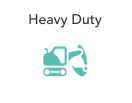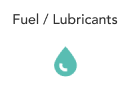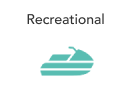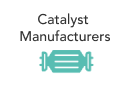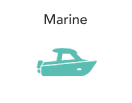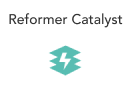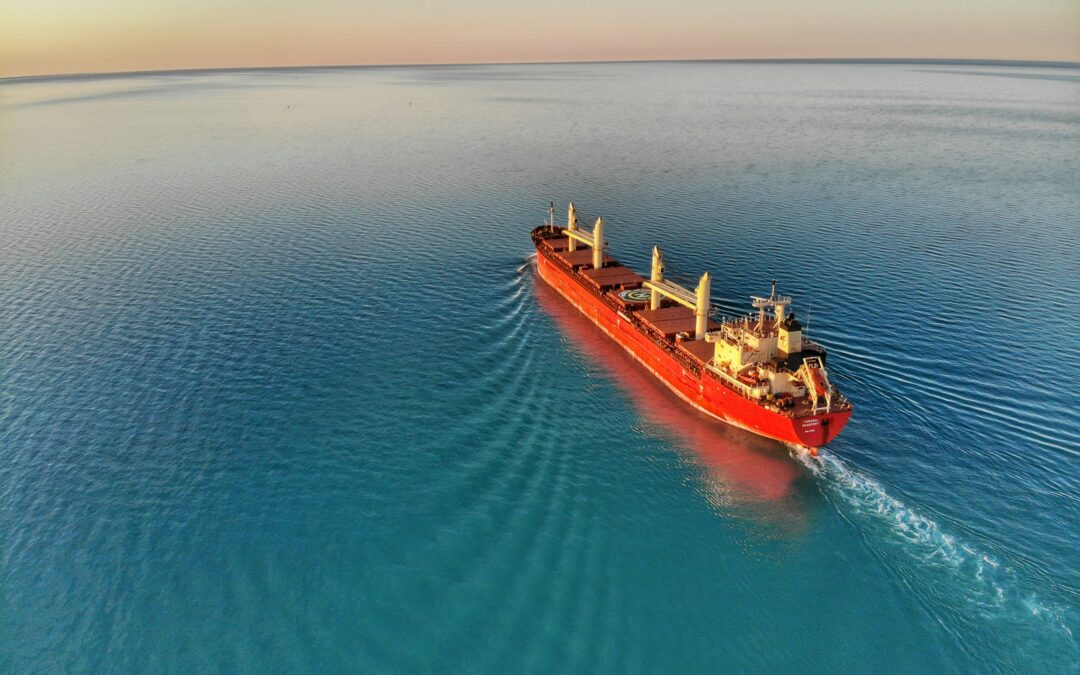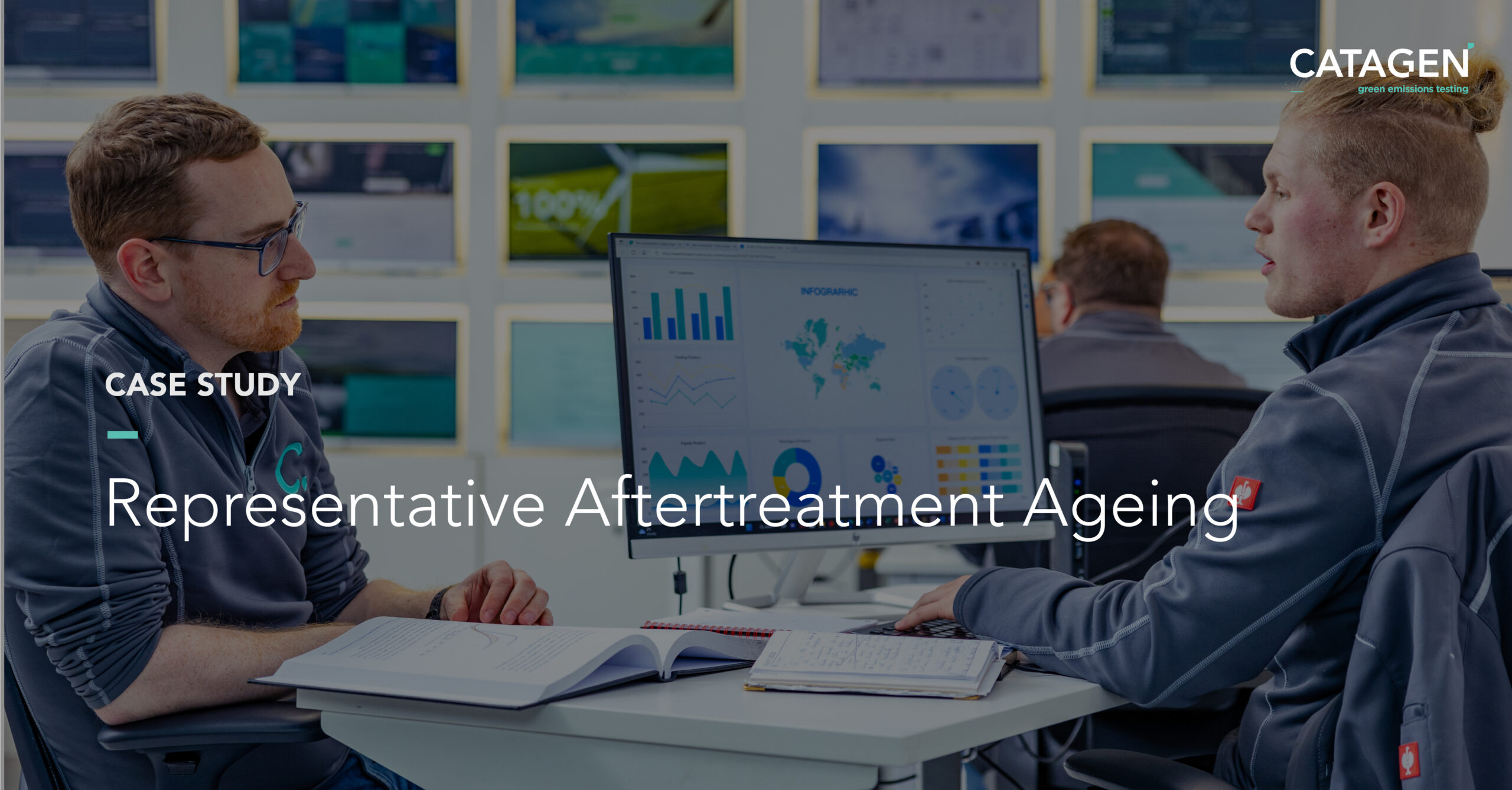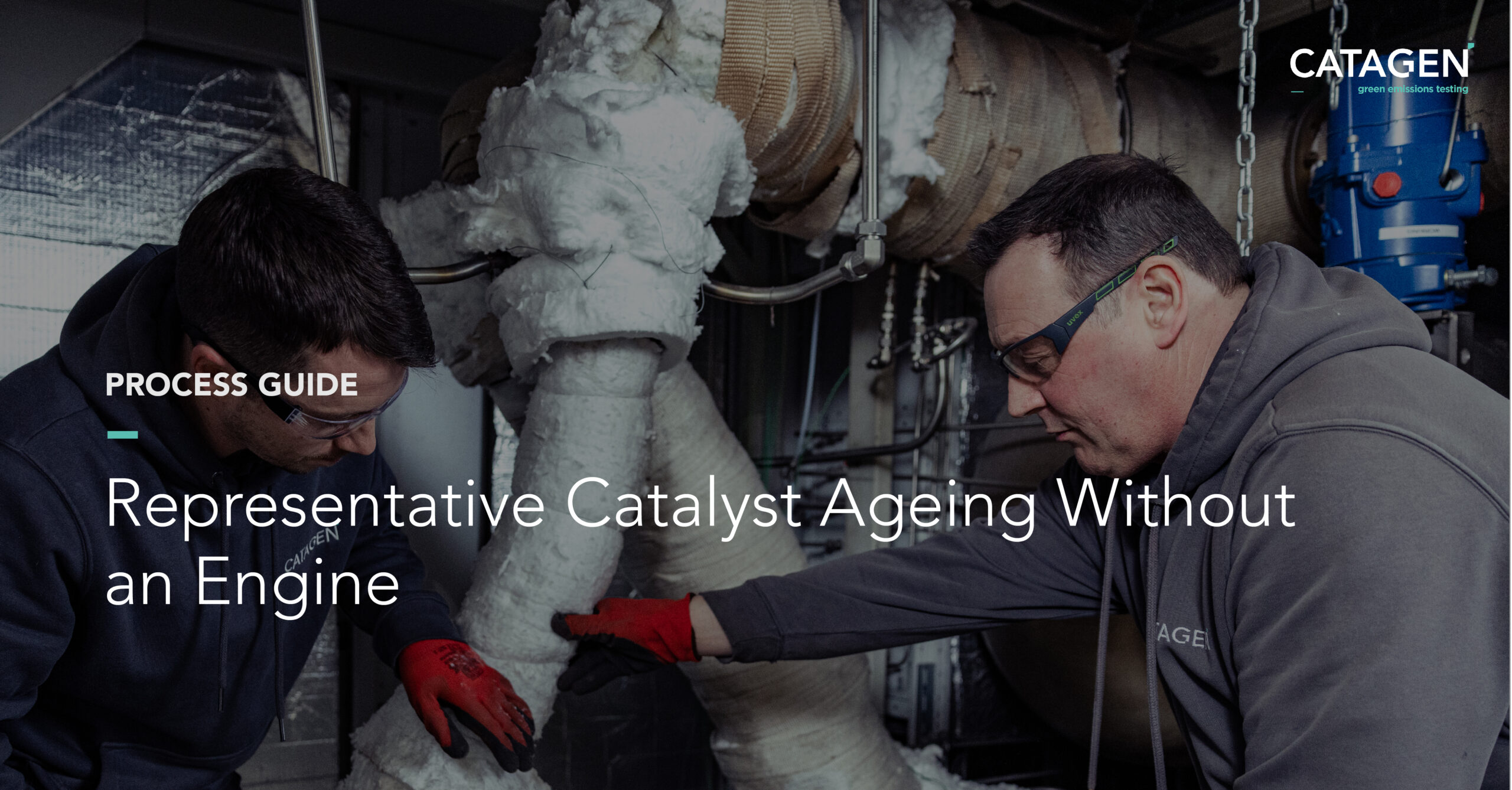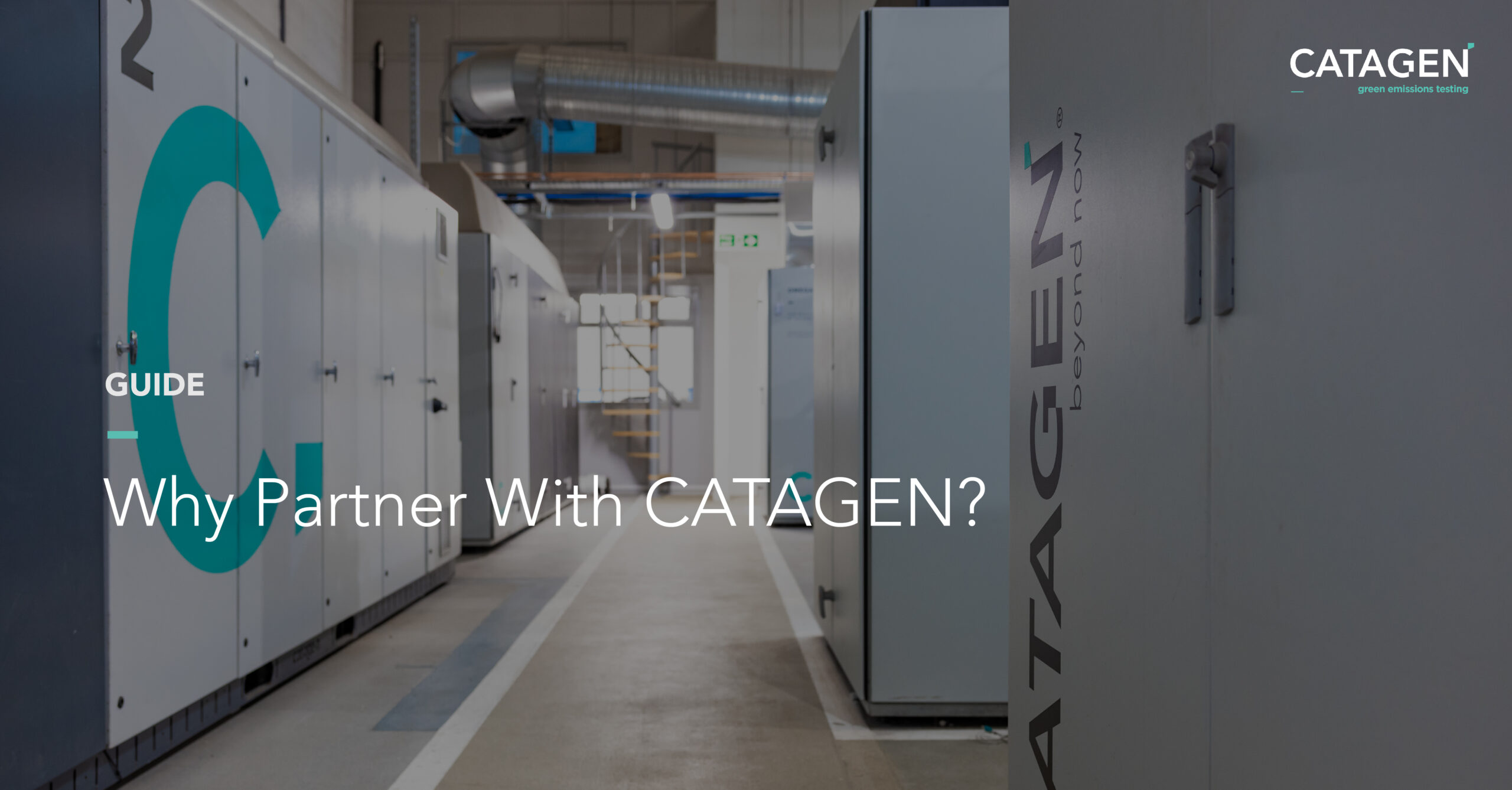By Dr. Kurtis Irwin, VP of Global Catalysis
The global shipping industry just took a major step toward decarbonisation.
After nearly a decade of negotiations, the International Maritime Organization (IMO) has approved new regulations that will require shipowners to use cleaner fuels or face fines of up to $380 per tonne of CO₂ emissions starting in 2028.
This is the first international regulation of its kind, mandating emissions targets for a global industry. It marks a pivotal moment for the marine sector, which currently accounts for about 3% of global emissions and has historically relied on low-cost, high-emission fuels.
But with progress comes complexity.
As shipowners explore methanol, ammonia, e-fuels, LNG, and other cleaner fuel alternatives, a critical question arises:
What do these new fuels mean for emissions control technologies and catalyst durability?
That’s where CATAGEN’s OMEGA reactor plays a vital role.
Our technology allows for:
- Full-scale catalyst ageing and emissions simulation for any fuel type
- Precise replication of engine-out gas compositions, temperatures, and flow rates
- Fuel-free, CO₂-free testing that reduces environmental impact
The maritime industry’s need for accurate, accelerated testing of sustainable fuel systems and exhaust after-treatment technologies is about to surge. From ammonia-powered engines to hydrogen fuel cells, the sector needs partners that can help validate performance, durability, and regulatory compliance. CATAGEN’s expertise in high-throughput, customisable catalyst ageing and emissions simulation is well-positioned to meet these emerging demands.
Additionally, as shipping companies face financial penalties for emissions, robust data will become critical in verifying compliance, optimising fuel usage, and achieving decarbonisation goals. By extending its services into the marine sector, CATAGEN can play a pivotal role in supporting shipbuilders, fuel innovators, and maritime OEMs as they navigate this transition
While the IMO deal aims for an 8% reduction by 2030, real progress will depend on how quickly and reliably new fuels and technologies can be tested, refined, and deployed.
We believe that innovation in emissions testing and fuel validation will play a key role in bridging the gap between regulatory ambition and real-world impact.
Explore how CATAGEN is currently supporting the marine sector’s clean fuel transition.
🔗 https://catagen.com/marine-4/
Further Reading:
- BBC News: Shipping agrees net-zero goal but critics unmoved
- IMO: IMO adopts net-zero shipping regulations

More content


